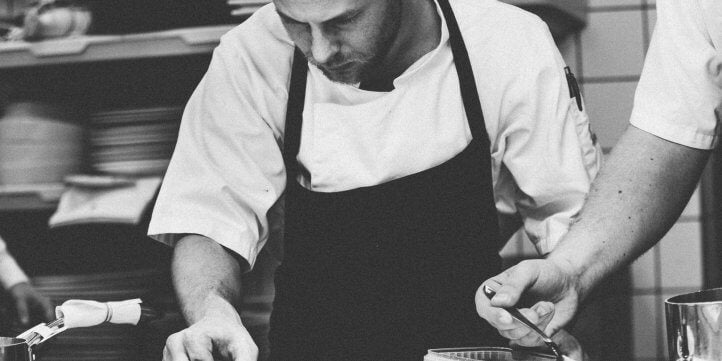Industry in Focus: Catering

With the catering industry about to enter one of its busiest times of year, we’re taking a look at what’s been happening across the sector, examining the industry forecast and diving deeper into some of the most pressing issues affecting catering teams today.
Industry Forecast
Despite a number of notable closures this year, including Catering Centre UK in Telford, it’s reported that the industry is remaining strong, with figures suggesting that the food and drink sector is growing at a rate around 3 times as fast as the economy as a whole. However, there are a number of factors that could create obstacles to further and ongoing growth, particularly with the combined challenges generated through Brexit-fuelled economic uncertainty, and evolving requirements of local restaurants.
Produce Supply
The availability of food following a no-deal Brexit is one of the biggest concerns affecting the catering industry today, with potential import tariffs expected to increase prices by as much as 5 or 10%. Price increases could result in suppliers showing preference for cheap imports from outside the EU, which could heighten food safety concerns amongst caterers. Food Engineering’s 2019 State of Food Manufacturing Survey shows that 8% of caterers currently cite food safety as a major concern.
While the immediate effects of a no-deal Brexit may be mitigated through the proposed temporary tariff regime, food availability continues to be a problem this year with flooding and extreme temperatures in Europe affecting many of the crops.
Regulation
A further issue raised by the possibility of a no-deal Brexit is the ongoing viability of the existing EU standards that are currently implemented across the UK food and drinks industry. This is a concern not only in terms of food handling processes and practices, but also in the quality of the workwear that is required within kitchen positions.
While it is hopeful that the catering industry will remain regulated by the same standards following Brexit, there must be a clear and concise plan for the design and creation of new standards that ensures health and safety remains a priority. The potential for Britain to possibly implement existing standards from elsewhere raises further H&S concerns.
Employment
While assurances have been made about the future of existing EU workers operating within Britain, there are fears that the proposed points-based immigration system could neglect to consider the needs of the catering industry. Organisations within the sector have been vocal regarding the need for any such system to take into account the vocational skills that are heavily prioritised within food and drink, not just university degrees. The most recent State of Food Manufacturing Survey suggests that 15% of caterers believe there has been a significant decline in talent availability this year.
Sustainability
To end on a more positive and Brexit-free note, we can take a look at how restaurant and bar requirements are changing, causing significant yet positive shifts in the catering industry. With many establishments searching for simple ways to become more environmentally friendly, there is a growing trend for reducing the amount of plastic in circulation which is creating a need for caterers to change and adapt. Recently, the NHS confirmed plans to reduce its use of plastic straws, cups, and cutlery by 100 million per year across England. So while it’s clear that the catering industry is very much at a turning point, it is hoped that these changes will result in a strong future for the sector.
If you work in the catering sector, you can shop our range of catering workwear online now.
-
Posted in
Industry in Focus





